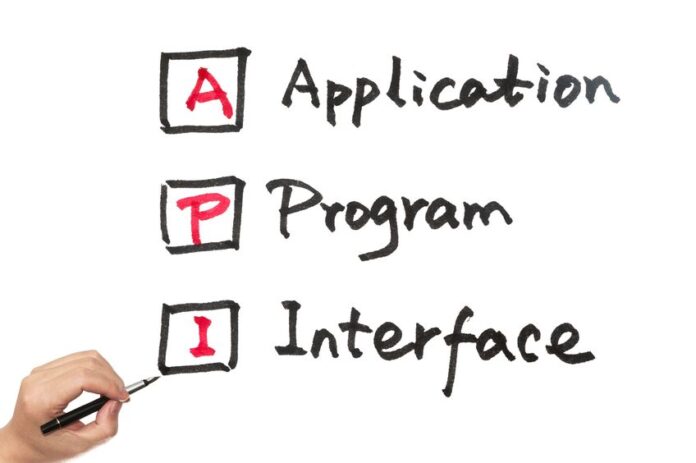NICE, France – In its role as a aggregator of industry information and technology, TM Forum has developed a set of open application programming interfaces, which have gained traction with carriers around the world. APIs are designed to create the foundation for diverse sets of software tools and control the way everything from the user interface to functionality. Think of APIs like software building blocks; when companies share these building blocks, interoperability and accessibility gets simplified considerably.
During the annual TM Forum Live conference and exhibition, carriers Axiata, Bharti Airtel, BT, China Mobile, China Unicom, NTT, Orange, Telefónica and Vodafone Group formally adopted a suite of digital service management APIs put together by TM Forum. Lester Thomas, chief systems architect for Vodafone, said common APIs are important for developing a “standards-based ecosystem” that will enable telcos to employ best practices learned “from hyperscale Internet companies.”
“A critical advantage of platforms and APIs is that they provide an evolutionary path from the current telco operating model to the future network-as-a-service model,” Thomas said. “The collaborative work that TM Forum and my fellow members have been undertaking is shining a bright light on this important path.”
Here’s more detailed information on TM Forum’s set of APIs.
According to TM Forum, open APIs improve business and IT agility; reduce cost and complexity of operations; enable a global ecosystem; reduce integration cost, risk and time; and create a global platform for operator’s to innovate upon.
“TM Forum is bringing different stakeholders from across industries to work together and build key partnerships to create the APIs and connections,” added Luarent Leboucher, VP of APIs and ecosystems at Orange. “The reference architecture and APIs we are co-creating are critical enablers of our API program and open innovation for building innovative new digital services in a number of key areas, including [Internet of Things] applications, smart cities, mobile banking and more.”

Major global carriers adopt open APIs
ABOUT AUTHOR
